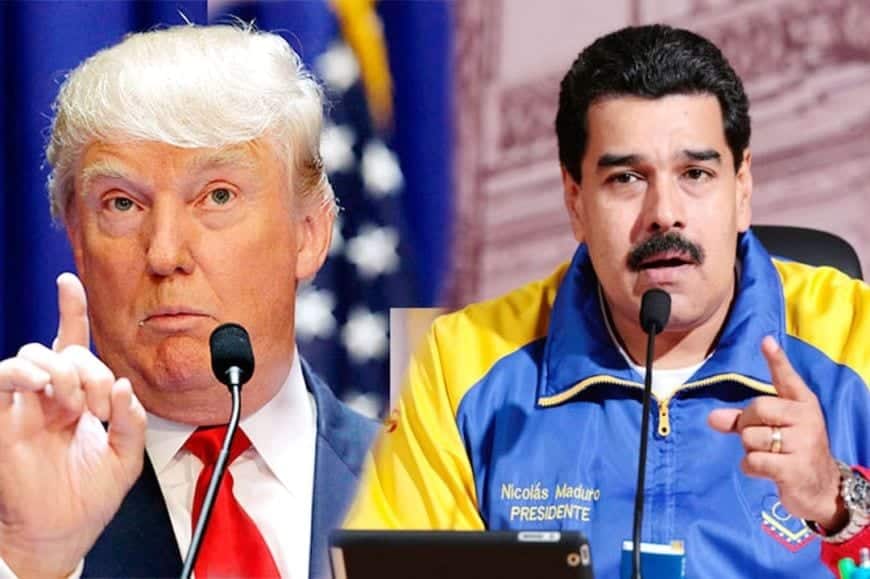
It is supremely ironic. To respond to the dictatorial mindset and policies of Venezuelan ruler Nicolas Maduro, President Trump has adopted his own dictatorial mindset and policies. Trump obviously believes that the way to fight foreign dictatorship is by adopting dictatorship here at home.
Consider Trump’s actions with respect to Citgo, the Houston-based refining firm that is owned by the Venezuelan government. It is the eighth-largest US refiner and Venezuela’s top foreign asset.
To help effect a regime-change operation in Venezuela, Trump simply issued an order that prohibits Citgo from sending any money to the Venezuela government. He’s also ordering that Citgo’s revenues be transferred to Juan Guaidó, the head of the Venezuelan congress, who is claiming that he’s the rightful president of Venezuela, notwithstanding the undisputed fact that no one has ever elected him president.
We Americans have become so accustomed to the imposition of sanctions on people in foreign countries by US presidents that it’s easy to be blasé about Trump’s actions. But actually his behavior is astounding, especially in that it reflects perfectly the same dictatorial mindset and policies that characterize Maduro.
First of all, Venezuela and the United States are not at war. Oh, sure, there is there standard Cold War or empire-like verbiage that refers to rivals, adversaries, hegemons, communism, socialism, Russia, China, and Cuba, but indulging in empire-speak or Cold War bugaboos does not rise to the level of war. In an extraordinary action taken during peacetime, Trump has seized and confiscated the assets of a foreign regime and is transferring them to someone else.
Second, Trump didn’t go to Congress to secure permission to seize and transfer Citgo’s revenue. That’s ordinarily what rulers in a representative democracy are expected to do. Recall what they taught us in our high-school civics classes: Congress enacts the laws and the president enforces the laws. Here, there was no law enacted by Congress authorizing Trump to seize and transfer Citgo’s revenue. He just unilaterally issued an order authorizing US officials to take control over Venezuela’s money.
That’s precisely how dictators behave. They don’t need no stinking legislature. They don’t have time to jack with elected representatives. They know what’s best for the country. They have to do what is necessary. Fast.
One of the purest manifestations of this phenomenon took place when military Gen. Augusto Pinochet took the reins of power in Chile after the US-supported regime-change operation in that country. Pinochet’s regime was a classic military dictatorship. He didn’t bother with seeking permission from the Chilean congress to round up some 50,000 people and torture, rape, or kill them. He just issued orders to his national-security state goons to do those dirty deeds. His orders were called “decree laws.” That’s because his decrees had the force of law. That is what dictatorship is all about — the power of the ruler, whether democratically elected or not, to issue decree laws to seize people’s property or to arrest, incarcerate, torture, rape, or kill them.
That is precisely what Trump’s order seizing Citgo’s revenue is — a decree law. Trump issues the decree and it instantly becomes the law. Everyone is expected to comply with it. That is classic dictatorship.
Just think: An American president adopting dictatorial mindsets and policies to oppose the dictatorial mindsets and policies of a foreign dictator. Trump obviously believes that his decree laws are making America great again. Ironically, that’s what Maduro also believes about his decree laws.
Reprinted with permission from the Future of Freedom Foundation.

